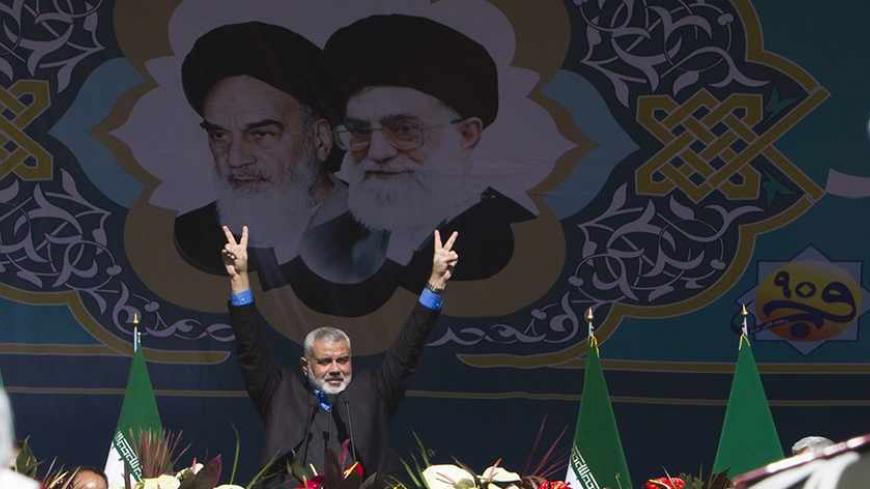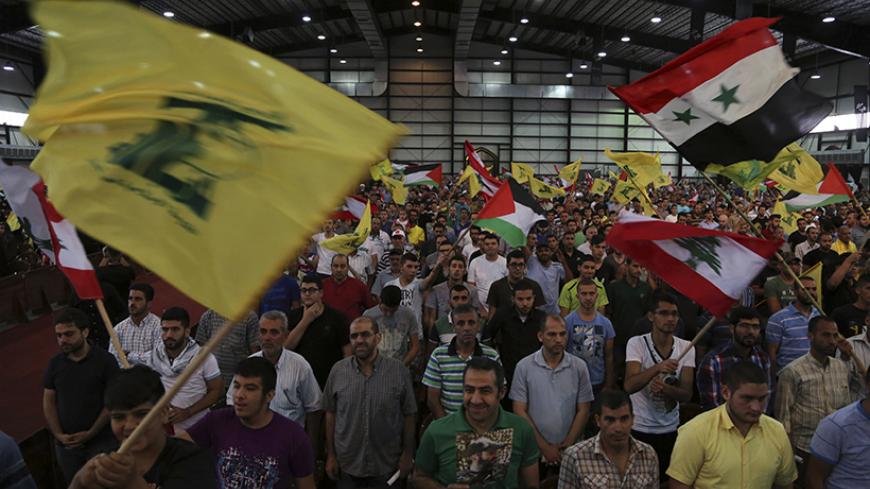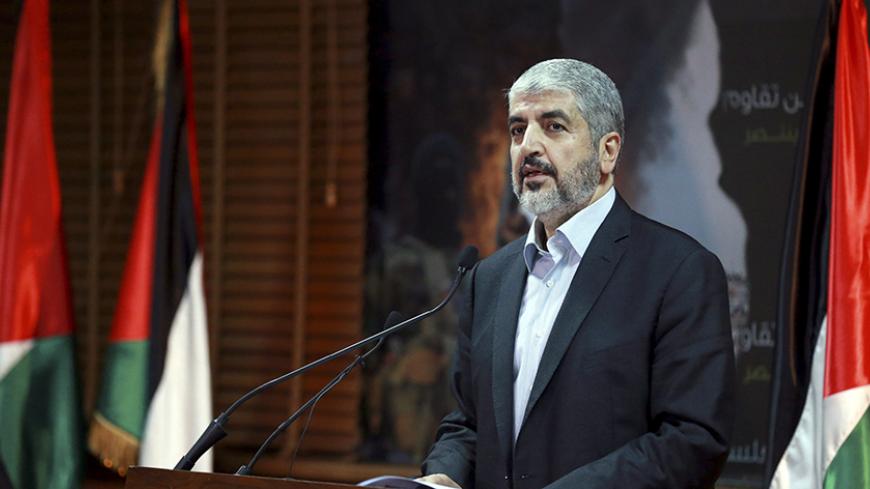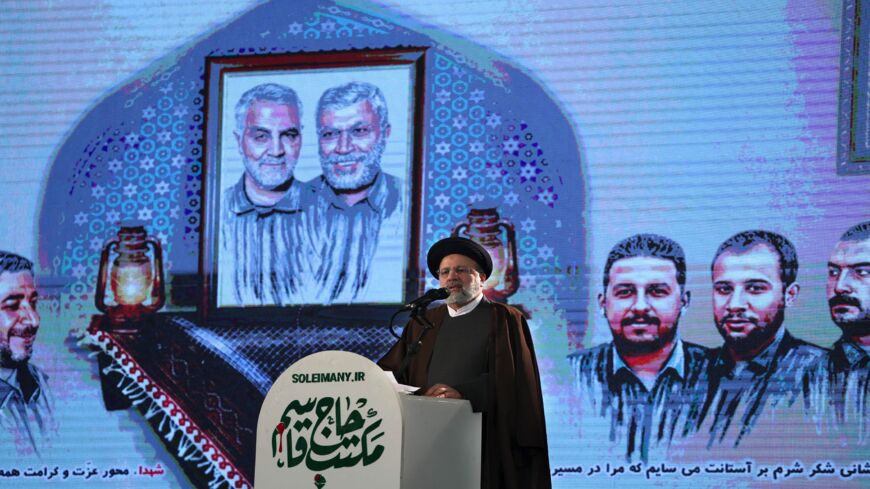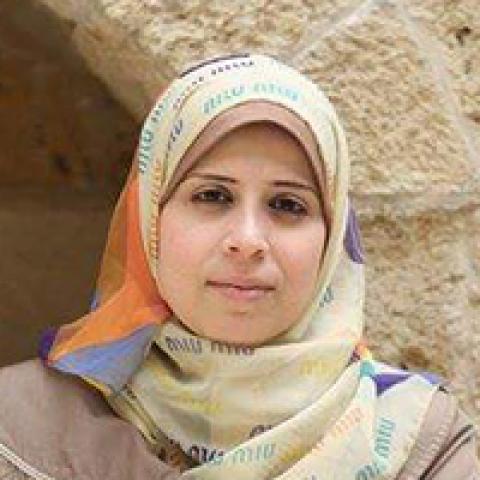Iran resumes monetary aid to Hamas
Dramatic regional events have sparked a warming of Hamas-Iran ties, but Hamas' relations with Hezbollah remain cool.

Al-Monitor has learned from Gaza sources that Iranian financial support has resumed to Hamas, but at a level lower than that which preceded the rupture between the two at the end of 2012.
Gaza political circles have been wondering whether Hamas would return to the Iran axis after a break that lasted more than two years. On March 10, leading Hamas figure Mahmoud al-Zahar, the last link between Hamas and Iran, announced steps to restore the bilateral relationship.



